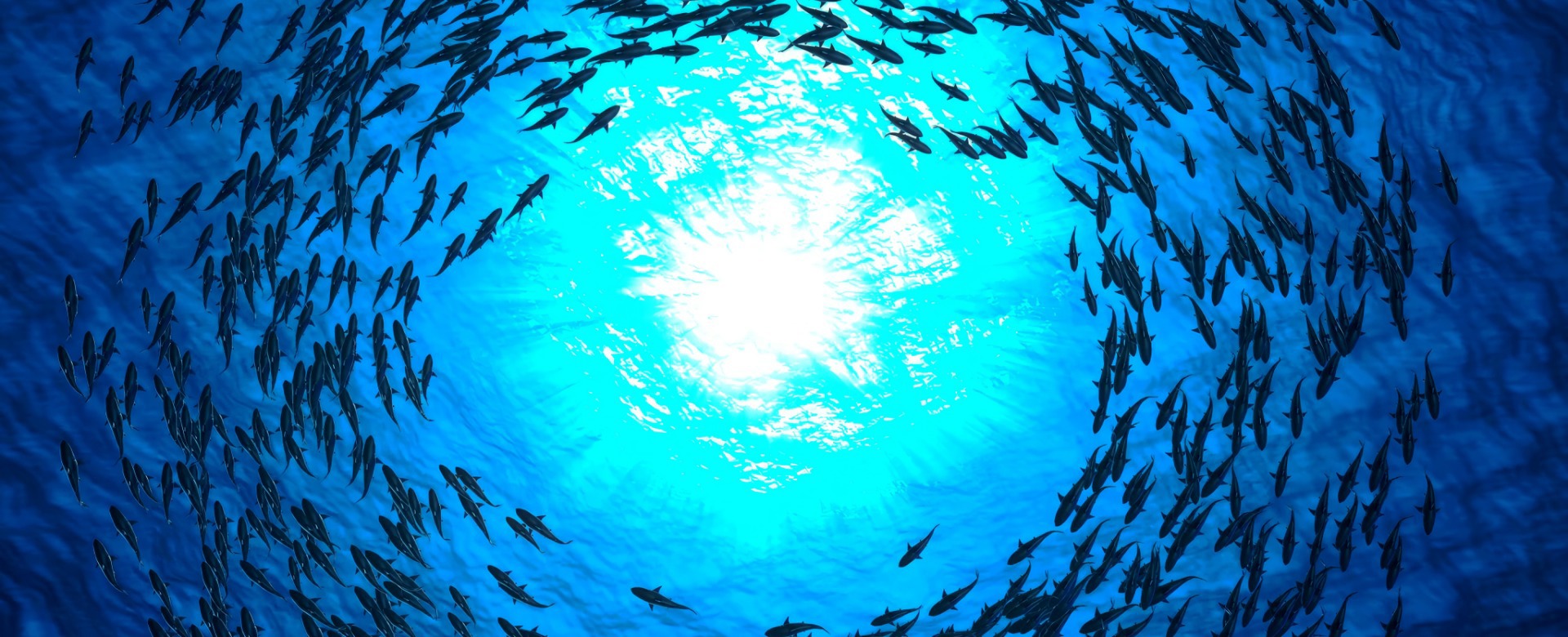Research and surveys
ERC are highly experienced in research and in the
collection and management of data, having led numerous data rich projects.
We can undertake various
types of research, for example to inform
how successful a project or activity has been or to gather data to inform
policy decision. We are experienced in gathering and analysing disparate data
from a range of sources, that is both quantitative and qualitative. We carry
out analysis in order to draw out the findings and insights whilst ensuring an independent
and accurate report for our clients. We can gather information and data using a
variety of techniques including online surveys, workshops, engagement events,
observations and interviews, or collate data that has been collected by others.
We can present the data, findings, discussion and any recommendations in a number
of ways including reports, presentations, GIS or infographics.
Strategy and planning
We provide expert advice and
guidance to organisations on how to achieve their long-term objectives. This
can include defining a vision, mission, and goals, and developing a
comprehensive roadmap for success. We can help clients navigate through
complexities, identify opportunities and challenges, and recommend actionable
strategies.
Development needs assessment
We conduct 'gap analysis' and determine the 'needs' required to enable a desired outcome in order to make
informed decisions and
achieve strategic environmental goals. This includes the use and definition of 'problem trees' and 'solution trees' to aid thinking and visualisation.
Stakeholder engagement
and facilitation
We support organisations in hearing the views of their
stakeholders, and interpreting what those views may mean. We work with clients to
develop a stakeholder engagement strategy that meets their needs and budgets. We can gather views using a variety of techniques including
online surveys, workshops, engagement events, and interviews, or collate data
that has been collected by others.
Capacity building
We develop capacity using methods and techniques that result
in increased abilities of individuals, groups, and organisations to define and
achieve objectives, develop goals, and solve issues within a local context and
in a sustainable manner. This is achieved through establishing effective learning
systems, enhancing knowledge and awareness, and technical expertise.
Ecosystem Services
We help clients understand, assess, and enhance the value of ecosystem services—such as clean water, flood mitigation, and biodiversity and provide science-based advice on how to identify key ecosystem functions, evaluate their benefits, and integrate them into management plans and decision making. In particular we have experience of using innovative techniques, such as using an art-based approach to assess Cultural Ecosystem Services in the coastal and marine environment.
Training
and events
We help clients to plan and run
training or events. We work with clients to develop an appropriate format and
help deliver the training in person or online and carry out evaluations.
Partnership
development
We
have a strong background in partnership development, having worked extensively
with governments and their institutions, the World Bank, LAs and National
Parks, FAO, eNGOs and other international organisations. We work with
organisations to help create partnership and can then provide support to take
the partnership forward.
Behaviour change
ERC are experienced in behavioural change, working collaboratively with our clients to apply
the science of behaviour change theory and techniques to their environmental projects.
Monitoring, evaluation and learning
We help clients to evaluate
their projects in order to find out what went well, what didn’t go
so well, how things could be improved, and how other organisations or
projects can learn from their experiences. We work with clients to develop an
appropriate evaluation framework and can then undertake the evaluation to
provide evidence, lessons learnt or recommendations.
Technical resources
ERC have access to a range of technical resources including
a full suite of licensed databases, as well as data visualisation tools and
GIS. Specific and selected GIS, data
visualisation and data management tools include the following:
- QGIS 16.2
- ArcGIS
- R Project for Statistical Computing
- SPSS
- NVivo
- Smart Survey and SurveyMonkey
- Otter ai
Material Flow Analysis (MFA)
Material Flow Analysis (MFA) is a tool used to quantify flows and stocks of materials within different systems. This could include, for example, plastic production within corporate enterprise, the deployment of fishing gear within commercial fisheries and the generation of solid waste within municipal economies. ERC are skilled in the development of custom-built MFAs to meet the needs of our clients, providing detailed insight into the use and end-of-life management of materials, and identifying bespoke circular economy solutions, including approaches to reduce and valorise waste. Most recently, ERC have developed an MFA to better understand waste management practices and identify potential circular opportunities within the fishing gear value chain in Sri Lanka, as part of a an ALDFG focused project for the Centre of Fisheries and Aquaculture Science (Cefas) and are currently in the design phase of a similar analysis in the Maldives.




